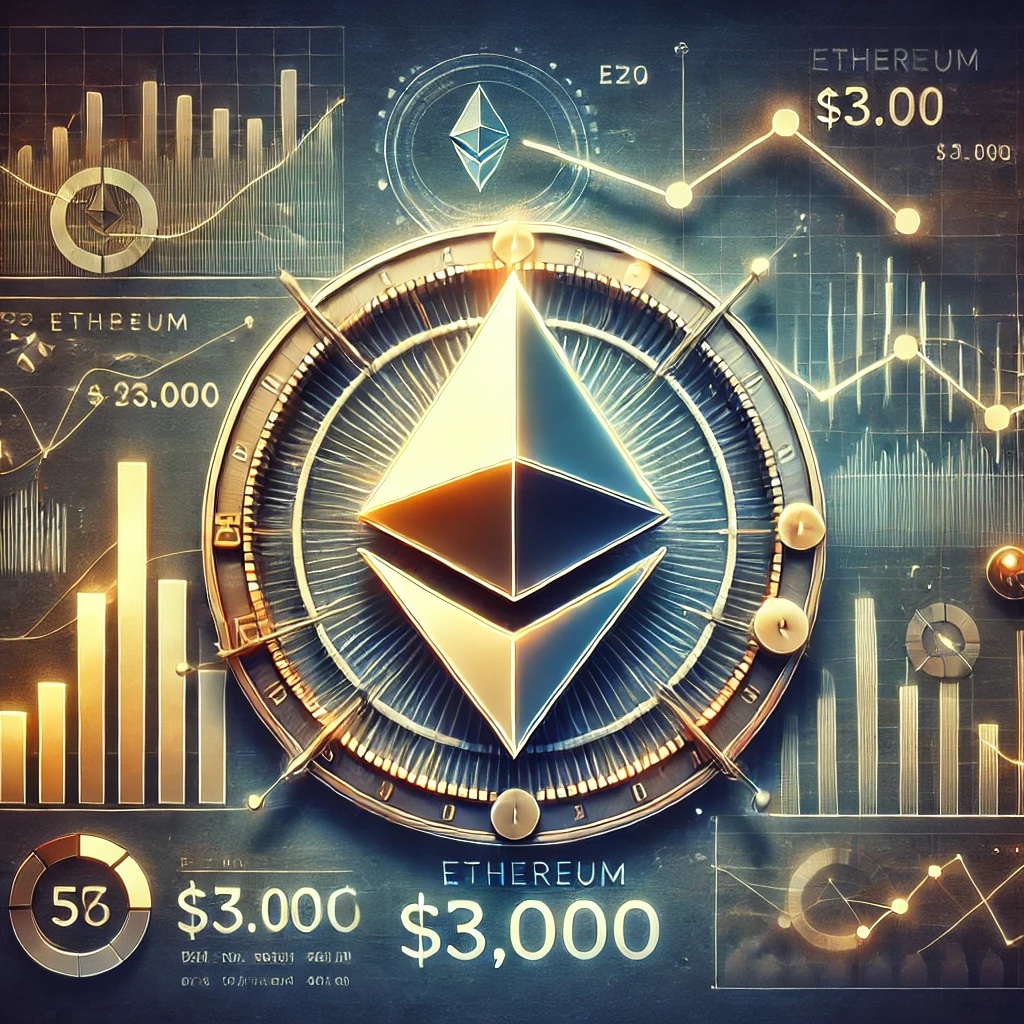ARTICLE AD
Solana has outperformed Ethereum and other Ethereum Virtual Machine (EVM)-based Layer-2 solutions in terms of 24-hour transaction volume, reaching a total of $3.654 billion against Ethereum’s $2.397 billion.
The news seemingly piqued the interest of SOL co-founder Anatoly Yakovenko who responded via social media.
SOL’s latest achievement places it at the forefront of blockchain transactions, even surpassing the combined efforts of other significant networks such as Arbitrum, Avalanche, Polygon, and Optimism, according to data provided by DefiLlama.
Yakovenko also acknowledged the platform’s success in a response to angel investor and ETH developer Eric Conner.
Observers, however, are debating the implications of Solana’s centralized staking system, with critics pointing out potential vulnerabilities.
In response, Yakovenko has differentiated Solana’s system from the multisig control mechanisms typical of Layer-2 solutions, aiming to address concerns about centralization.
Furthermore, the discussion has broadened to include blockchain resilience in the face of potential regulatory challenges.
Yakovenko has engaged in these conversations, suggesting that Solana could make adjustments to maintain operations under strict government regulations, thereby showcasing the platform’s adaptability.
A comparison between Ethereum and Solana became a topic of discussion following the activation of Ethereum’s EIP 4844.
On March 16, Conner — known for co-authoring EIP 1559 — remarked on the now minimal differences between Ethereum and Solana in terms of user experience.
Solana's centralized staking cabal can shut down and coordinate to restart the chain at will, in discord
Their cognitive dissonance driven founders will argue all day on twitter however that L2s are the end of Ethereum
You are all being trolled in real time https://t.co/hkH92Jlzrc
Post-EIP 4844, both networks offer similar transaction fees, operational speed, and compatibility with major on-chain wallets, with fees now below one cent.
Conner responded to views shared by Messari co-founder Qiao Wang, who had relayed insights from a longstanding Ethereum (ETH) user and expressed frustration with the current state of Ethereum, citing its slow performance and lack of refinement as major issues.
The narrative further expands with the successful implementation of Ethereum’s Dencun upgrade on March 13, which introduced “blob” data to significantly reduce fees for Ethereum-based Layer-2 solutions, marking a step towards parity in user experience between the two leading blockchain networks.

 9 months ago
42
9 months ago
42 

